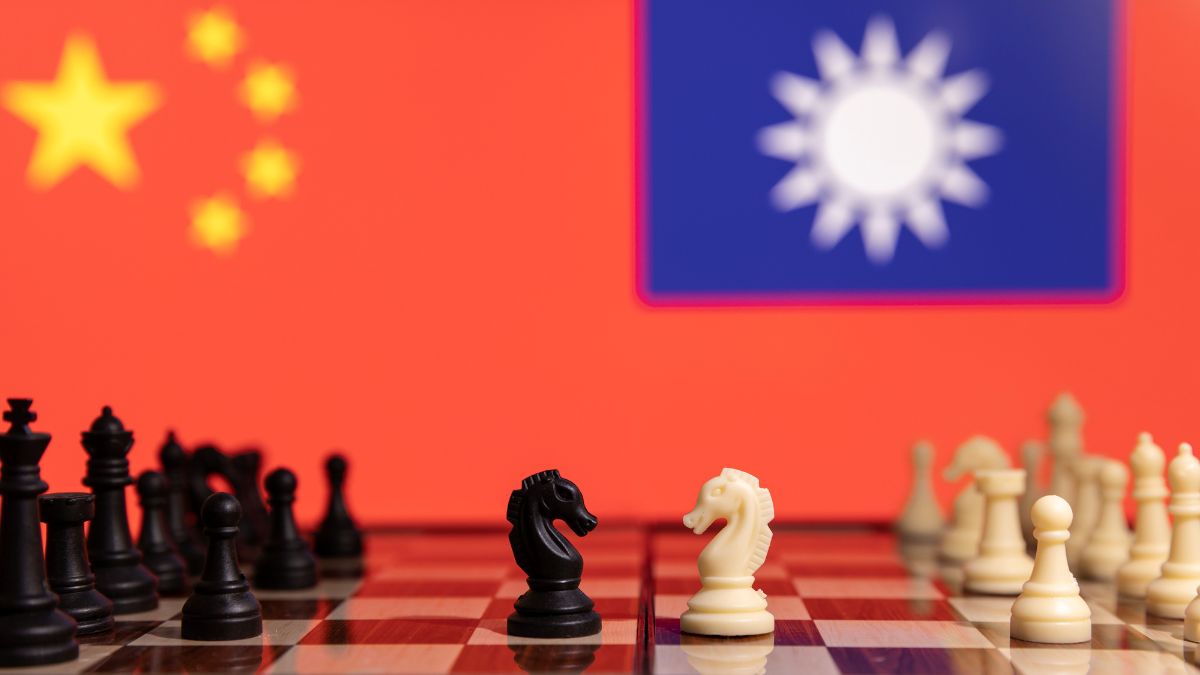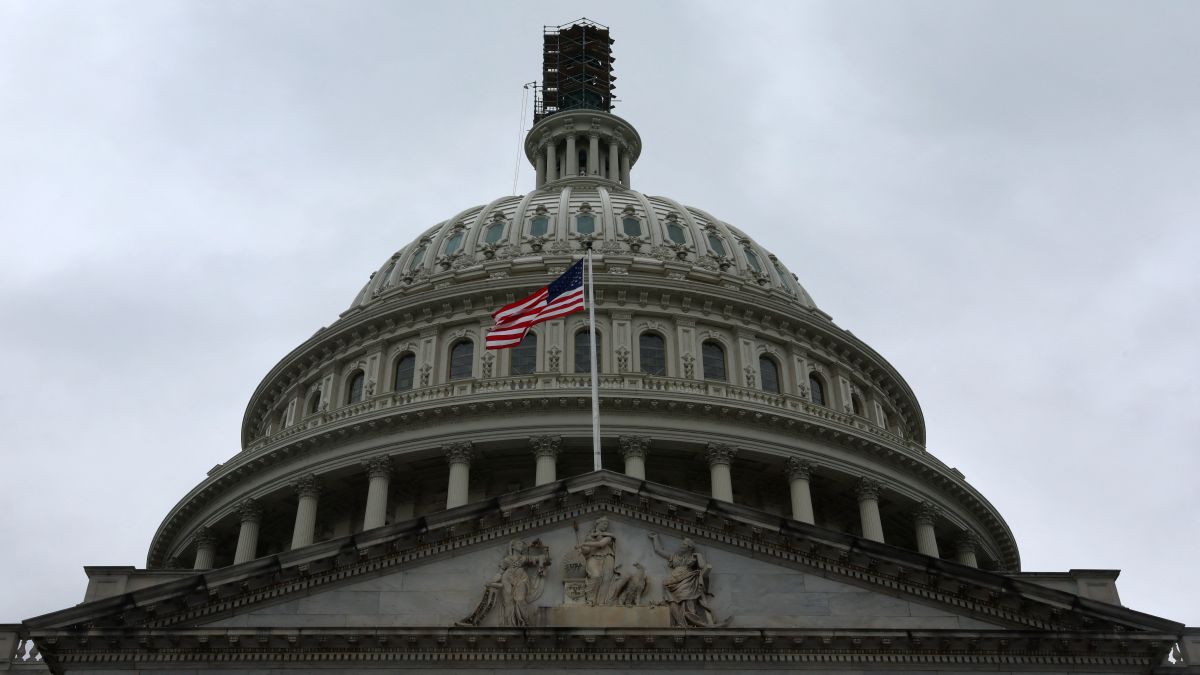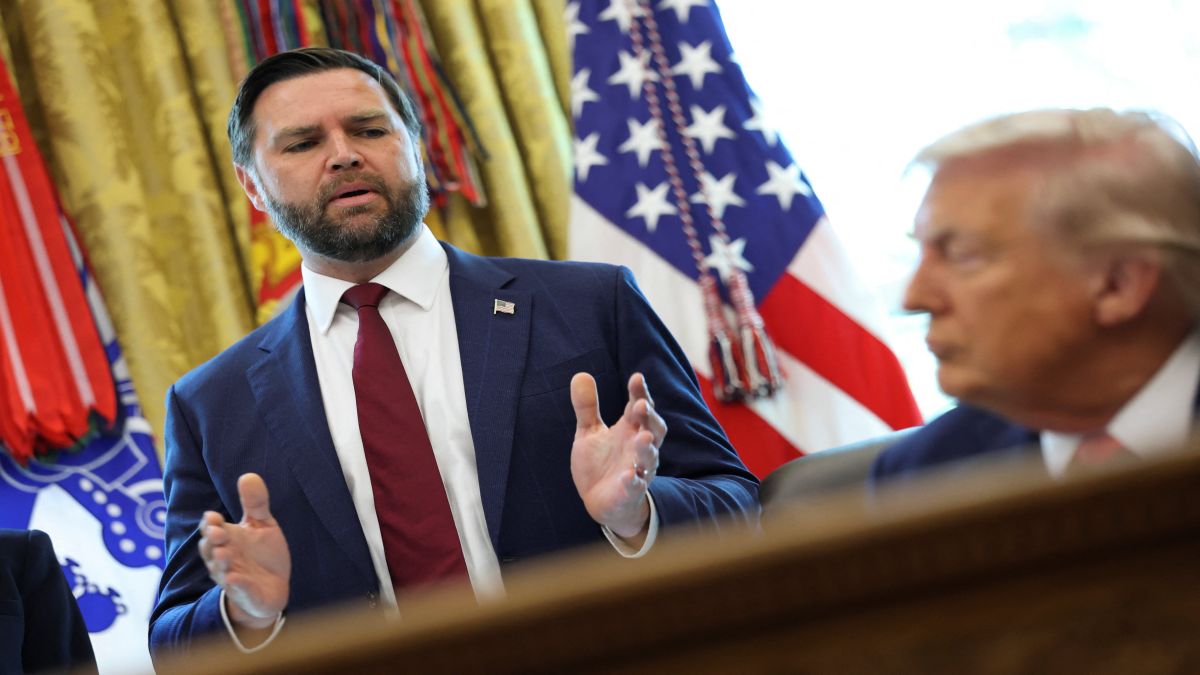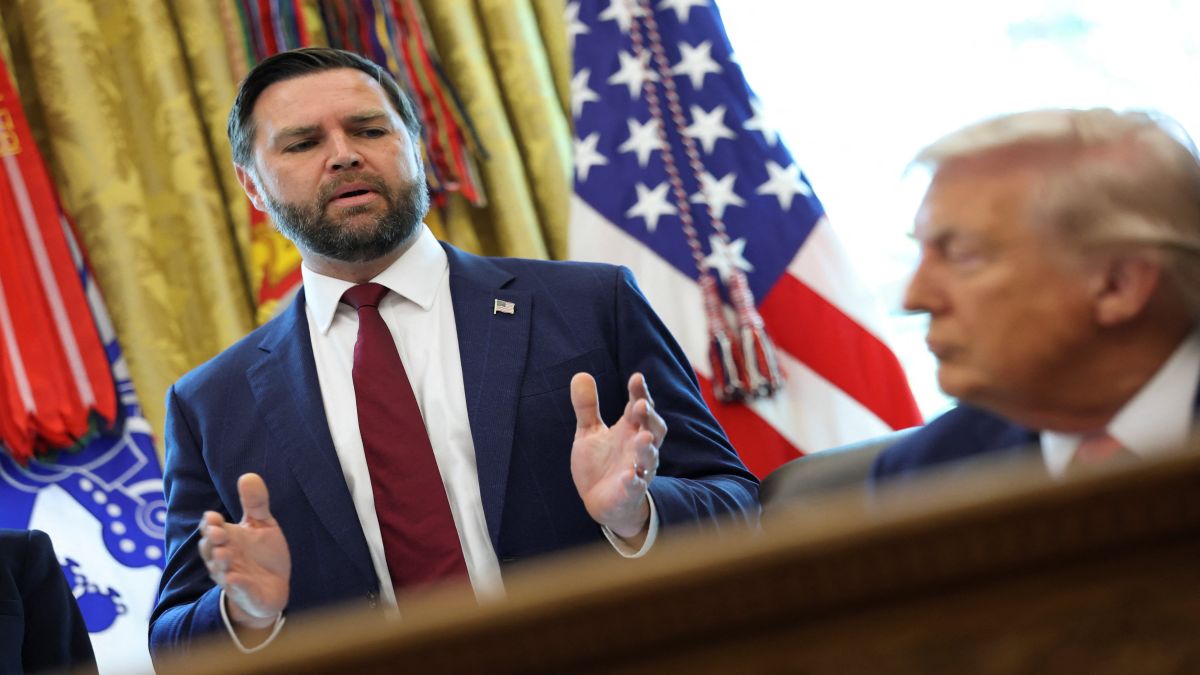Taiwan on Wednesday accused China of trying to create a legal basis for an invasion of the self-ruled island with its misinterpretation of the United Nations (UN) Resolution 2758 of 1971 — the most consequential international diplomatic decision in the China-Taiwan dispute.
By claiming that the UN Resolution 2758 recognised China’s claim over Taiwan’s territory, China was trying to create a legal basis for changing the status quo and invading the self-ruled island in the future, said Taiwan’s foreign ministry, according to Reuters.
China considers the self-ruled island of Taiwan to be a breakaway province and is committed to merge it with the mainland — forcefully if needed. The US intelligence community has concluded that Chinese leader Xi Jinping has ordered the Chinese military to be prepared for an invasion of Taiwan by 2027. He has set 2049 —the centenary of the establishment of Communist China— as the deadline for Taiwan’s merger.
Even as most of the world recognises China and maintains only informal relations without formal recognition with Taiwan, most of the major powers —including the United States, the UK, and India— oppose the change of the status quo by force.
What China said led to Taiwan’s response
In a statement about the Chinese misinterpretation of the UN resolution, Taiwan said China was “deliberately misleading” the international community.
“This aims to create a legal basis for altering the status quo across the Taiwan Strait and for future military assault against Taiwan. Only Taiwan’s democratically elected government can represent the 23 million people of Taiwan within the United Nations system and multilateral international mechanisms,” said Taiwan.
In response, the Chinese foreign ministry told Reuters that no matter what Taiwan says, it does not change the fact that both sides of the Taiwan Strait are part of “one China” and that “reunification” would happen — China has long called the envisioned invasion, occupation, and subsequent merger of Taiwan “reunification”.
Impact Shorts
More ShortsThe current controversy is rooted in a Chinese foreign ministry statement on Tuesday that resorted to the Cold War-era language that calling Taiwan a “reactionary” entity and its founders a “clique” and said the UN resolution granted China rights over all Chinese lands, including Taiwan.
“Any attempt to challenge resolution 2758 constitutes not only a challenge to China’s sovereignty and territorial integrity, but also a challenge to the authority of the UN,” the statement read.
How China is misinterpreting UN resolution
Contrary to China’s claim, the UN Resolution 2758 of 1971 did not address the issue of claim over Chinese territory but only addressed the issue of representation.
The UN resolution said the Communist China, formally the People’s Republic of China (PRC) with its seat at Beijing, will be the sole representative of China and not Taiwan, formally the Republic of China (ROC) with its seat at Taipei. The resolution further expelled representatives of Chiang Kai-shek from UN, who was Taiwan’s leader at the time.
At the end of the Chinese civil war in 1949, victorious Communists established the PRC in mainland China and defeated Nationalists retreated to the island of Taiwan where they set up the ROC — the name of the Chinese nation before the Communist victory. The ROC continued to represent China at the UN until the UN Resolution 2758 of 1971 granted representation to the PRC.
The UN Resolution 2758 of 1971 did not say anything about the Communist Party or PRC’s territorial claim either on the mainland or Taiwan. It merely decided the question of representation.
In an article for The Strategist, China-Taiwan affairs expert Nathan Attrill noted that the resolution did not refer at all to the question of China or PRC’s land.
“The decision in 1971 was about representation, not about sovereignty. It was a political resolution about which government should hold China’s UN seat, not a legal ruling on the status of Taiwan. The international community decided that Beijing was the more legitimate representative of ‘China’, but it did not decide what ‘China’ included — and certainly didn’t endorse Beijing’s claim that Taiwan is an inalienable part of its territory,” noted Attrill, a Senior Analyst at the Australian Strategic Policy Institute (ASPI).
In response to China’s misinterpretation this week, the US Department of State told Reuters that China’s “intentional mischaracterisation and misuse of resolution 2758” was part of its broader “coercive attempts to isolate Taiwan from the international community resolution”.


)

)
)
)
)
)
)
)
)



